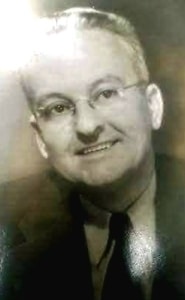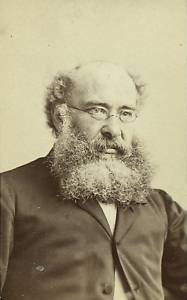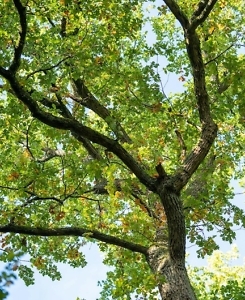Grandfather in Black and White
Fifty years after his death, I still see my paternal grandfather very clearly. I see him in black and white.
Fifty years after his death, I still see my paternal grandfather very clearly. I see him in black and white.

The collaboration between readers and writers works so well because words are the common bond, the gift humans possess like no other living creature. We are all writers and practitioners of language — speaking, text messaging, emailing, tweeting. Perhaps now more than ever before, we’re seeing why words matter, how their use divides us or unites us, and how we hope words can salve and heal our wounds.

Although everyone still called me the resident Victorian, truth was I had been shirking. And I’m not sure when I would have returned if it had not been for my friend Sarah.

My mother and grandmother used to drive me to North Carolina every summer for camp where, as memory serves, the squirrels were white, the dawns were dewy, and the threat of lake snakes never did come to fruition.

Magnolia trees symbolize good fortune and stability, but ours had run out of luck, and not long after the agent’s visit, we had to cut it down. In the tree’s seasons of health, we had admired its glossy leaves and star-shaped flowers, and we hid Easter eggs under the boughs for our daughters to collect.

His earphone in my ear made me feel warm and woozy. I liked being yoked to this beguiling stranger as we sat with our forearms touching. Beneath the armrest, his muscled thigh pressed into mine. I pressed back. Ministry’s industrial synth-pop never sounded better.
